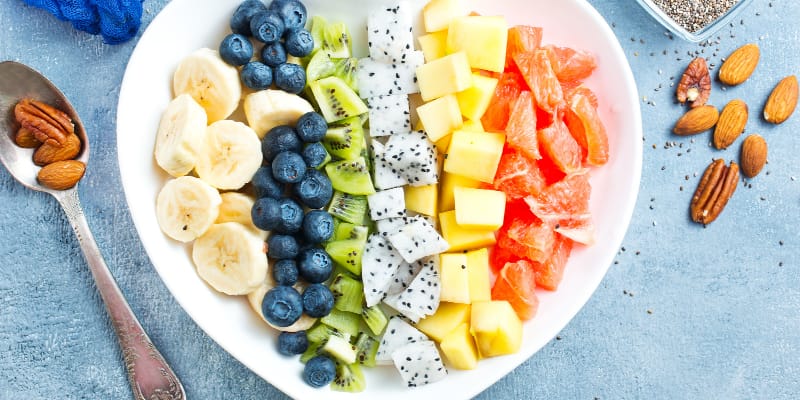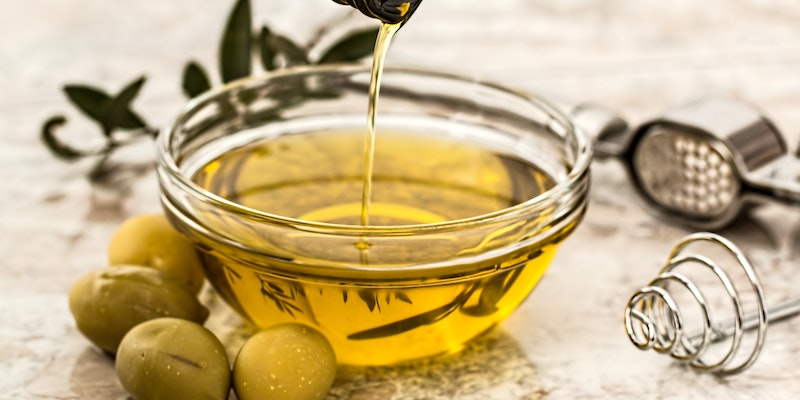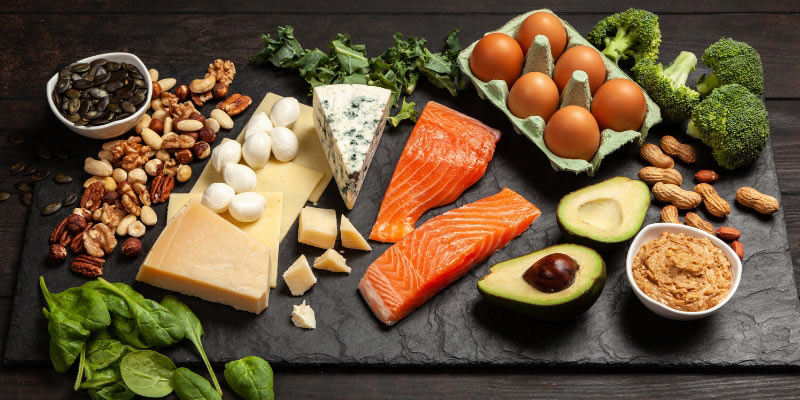Do you want to make your food taste better without feeling guilty about overeating sugar? Your quest for healthier eating often leads us to look for less sugary options, and one interesting way is to bite you with various low-sugar fruits." Every day." diet. In this guide, we'll reveal a selection of sugar-free fruits that deserve a place in your kitchen and on your plate. Discover natural flavors that won't spike your sugar levels as we embark on a journey of nutrients and ingredients taste options."

Low Sugar Fruits that everyone can eat
Fruits are always an important part of a balanced diet, providing many essential vitamins, minerals, and fiber. They bring natural flavor to our meals and snacks, making them healthy alternatives to sugary foods and sweet treats. However, choosing suitable fruits is essential for individuals with diabetes. Let’s examine the types of fruits that are sugar-free with not only taste but also flavor inside to suit everyone, regardless of dietary restrictions.
1. Berries
Berries are a treasure trove of flavor and nutrients, and they are among the lowest in sugar content among all fruits. Options like strawberries, blueberries, raspberries, and blackberries contain natural sugars that won't cause a rapid spike in blood sugar levels. They are also packed with antioxidants, vitamin C, and dietary fiber, making them an ideal choice for a snack or a topping for yogurt and oatmeal.
2. Avocado
While not often thought of as a fruit, avocados are indeed classified as such, and they're remarkably low in sugar. Avocado is rich in heart-healthy monounsaturated fats and provides a unique creamy texture. It's versatile and can be added to salads, spread on whole-grain toast, or enjoyed as guacamole. Plus, it's an excellent source of potassium and fiber.
3. Watermelon:
Watermelon is a summertime favorite due to its high water content, making it a refreshing and hydrating fruit. Surprisingly, it's also relatively low in sugar compared to some other fruits. A single cup of diced watermelon contains only around 9 grams of sugar. It's a guilt-free way to satisfy your sweet cravings and stay hydrated on a hot day.
4. Kiwi:
Kiwi is a tropical fruit known for its vibrant green color and distinctive flavor. It's not only low in sugar but also offers a wealth of vitamins and minerals, particularly vitamin C, vitamin K, and vitamin E. Kiwi's natural sweetness and unique texture make it a fantastic addition to fruit salads or smoothies.
5. Papaya:
Papaya is another exotic fruit that stands out for its low sugar content. It's packed with vitamin C and vitamin A, both of which are vital for maintaining healthy skin and immune function. Papaya's naturally sweet flavor can be enjoyed on its own or added to fruit salads for a tropical twist.
6. Cherries:
Cherries offer a delightful burst of flavor without the sugar overload. They are lower in sugar compared to some other stone fruits and are packed with antioxidants, particularly anthocyanins, which have been linked to various health benefits. Whether you choose sweet or tart cherries, they are a tasty and healthy snack option.
7. Cantaloupe:
Cantaloupe is a melon variety that is not only low in sugar but also incredibly rich in vitamin A and vitamin C. A one-cup serving of cantaloupe contains only about 8 grams of sugar, making it a suitable choice for those watching their sugar intake. It's a perfect addition to fruit salads or as a stand-alone snack.
8. Grapefruit:
Grapefruit is renowned for its tangy, bittersweet flavor and is relatively low in sugar compared to other citrus fruits. It's particularly known for its role in weight management and metabolic health. A half of a medium-sized grapefruit contains approximately 8-9 grams of sugar, and it's a fantastic choice for breakfast or as a snack.
9. Apples:
Apples, often considered the quintessential fruit, are not only low in sugar but also high in dietary fiber. The fiber in apples can help regulate blood sugar levels and promote a feeling of fullness. Options like Granny Smith apples tend to have lower sugar content than sweeter varieties. They're convenient for on-the-go snacking or as an addition to salads.
10. Pears:
Pears are another fruit that is both sweet and relatively low in sugar, especially when you choose varieties like Anjou or Bosc. They're rich in dietary fiber, vitamins, and antioxidants. Pears can be enjoyed fresh, sliced in salads, or poached for a delectable dessert.
11. Oranges:
Oranges are slightly higher in sugar compared to some of the fruits mentioned earlier, but they are still a good choice for those seeking to limit their sugar intake. Oranges are loaded with vitamin C and other beneficial compounds. Opt for whole oranges over orange juice to benefit from the fiber content.
12. Grapes:
Grapes are among the sweetest fruits on this list but are still relatively low in sugar when compared to many processed snacks. Red and black grapes, in particular, are packed with antioxidants, including resveratrol, which may have several health benefits.

What is the best time to eat the low-sugar fruits?
The best time to eat low-sugar fruits depends on your individual dietary preferences, daily schedule, and nutritional goals. Here are some suggestions for when you can enjoy low-sugar fruits:
- As a Snack: Low-sugar fruits like berries, grapes, and apple slices make excellent snacks between meals. They can provide a natural energy boost and help curb hunger, making them a convenient choice for a mid-morning or afternoon snack.
- Breakfast: Incorporate low-sugar fruits into your breakfast to kickstart your day with essential vitamins and fiber. Add berries to yogurt or oatmeal, enjoy a grapefruit half, or include sliced kiwi or strawberries in your morning smoothie.
- Lunch: Include fruits in your lunch to enhance the nutritional value of your meal. A simple fruit salad or a side of sliced pear or cantaloupe can complement your main course.
- Dessert: Low-sugar fruits can be a satisfying and healthy dessert option. A serving of watermelon or papaya can be a refreshing way to end your meal. Baked apples or pears with a sprinkle of cinnamon can also make a delightful low-sugar dessert.
- Post-Workout: After a workout, your body may benefit from the natural sugars in fruits to help replenish glycogen stores and aid recovery. A small serving of low-sugar fruits, along with some protein, can be a good post-workout choice.
Conclusion
In conclusion, low-sugar fruits offer a delightful array of choices for health-conscious individuals and those looking to manage their sugar intake. These fruits provide a natural sweetness that is both delicious and supportive of a balanced diet. From the antioxidants in berries to the fiber in apples and pears, these fruits offer a wide range of essential nutrients. By incorporating them into your daily meals and snacks, you not only satisfy your sweet cravings but also support your overall health and well-being.




